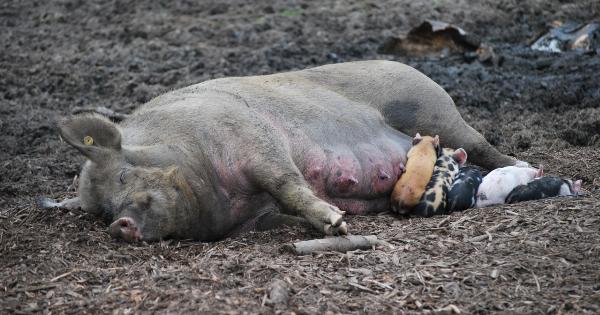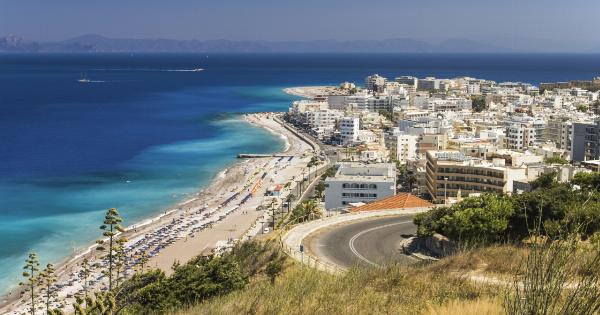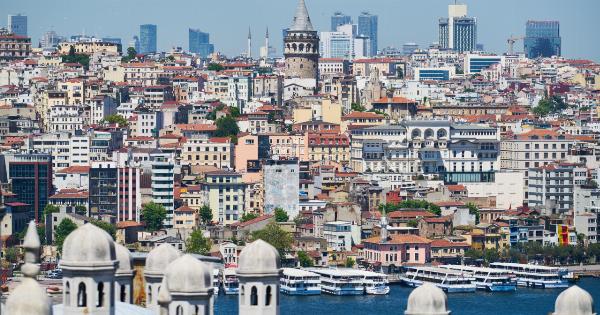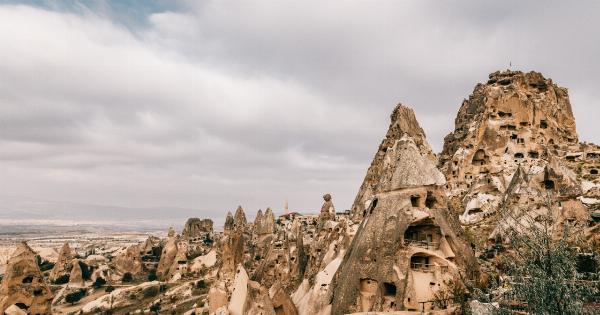Germany’s African outpost, also known as Togo, is a small West African nation that has a unique political landscape intertwined with an unlikely protagonist – pigs.
This intriguing connection reveals a deep-rooted cultural and economic significance that showcases the complex dynamics at play in Togo’s society.
A Brief Overview of Togo’s Political History
Togo gained independence from French colonial rule in 1960, and since then, it has experienced several political transitions, ranging from democratic to authoritarian regimes.
The current political climate is characterized by a multi-party system, with the Union for the Republic (UNIR) holding a dominant position in the parliament. However, Togo’s political landscape is far from stable, with periodic protests and clashes between opposition groups and the ruling party.
The Role of Pigs in Togo’s Cultural Heritage
Pigs have been an integral part of Togo’s cultural heritage for centuries. They hold significant symbolism and play an essential role in traditional ceremonies and rituals.
Pigs are considered sacred animals by some ethnic groups, and they are often used as sacrificial offerings during religious celebrations and rites of passage. Additionally, pigs are valued for their meat, which is a staple in Togolese cuisine.
Pigs as Political Tools
While pigs have a deep-rooted cultural significance in Togo, they have also become unexpected political tools in the hands of opposition groups. Pigs have been used as a form of protest and political satire against the ruling government.
Activists and opposition supporters often stage public demonstrations, using live pigs or pig-shaped effigies as symbols of their discontent.
The “Pig Protests” and Political Discourse
One notable instance of the use of pigs in political protests was the “Pig Protests” in 2017.
Following calls for constitutional reforms and term limits for the presidency, opposition supporters protested by releasing hundreds of live pigs onto the streets of Togo’s capital, Lomé. This act aimed to symbolize their perception of the ruling government’s corruption and greed.
Economic Implications of Togo’s Pig Industry
Pigs are not just symbols of political discontent; they also hold significant economic value in Togo. Pig farming has emerged as a thriving industry, providing employment opportunities and contributing to the country’s agricultural sector.
Togo has witnessed a rise in commercial pig farming, with an increasing demand for pork both domestically and regionally.
Challenges and Opportunities for the Pig Industry
Despite the economic potential, the pig industry in Togo faces various challenges. Limited access to adequate veterinary services and quality animal feed, as well as the lack of proper infrastructure, hampers the industry’s growth.
However, there are opportunities for improvement through collaboration with international organizations and knowledge-sharing with other countries that excel in pig farming.
Cultural Conservation and Modernization
As Togo navigates the intricate relationship between pigs and politics, there is a need to strike a balance between preserving cultural traditions and embracing modernity.
While political discourse may employ symbols like pigs to challenge the status quo, it is crucial to ensure the preservation and respect of Togo’s rich cultural heritage.
Sustainable Development and Political Stability
Togo’s political stability and sustainable development efforts go hand in hand. Embracing the economic potential of the pig industry can provide opportunities for income generation and poverty reduction.
Simultaneously, fostering a climate of political stability and inclusive governance will help create an environment conducive to economic growth and social harmony.




























